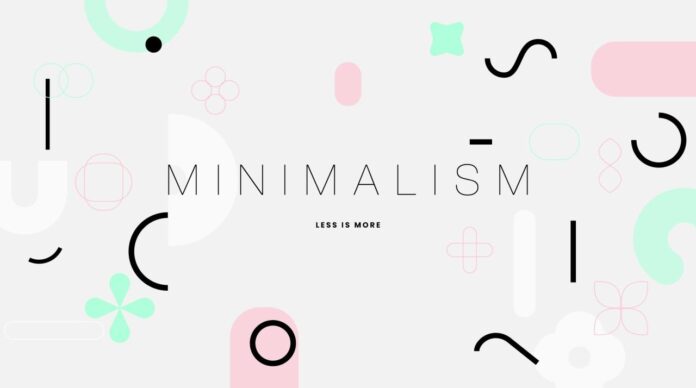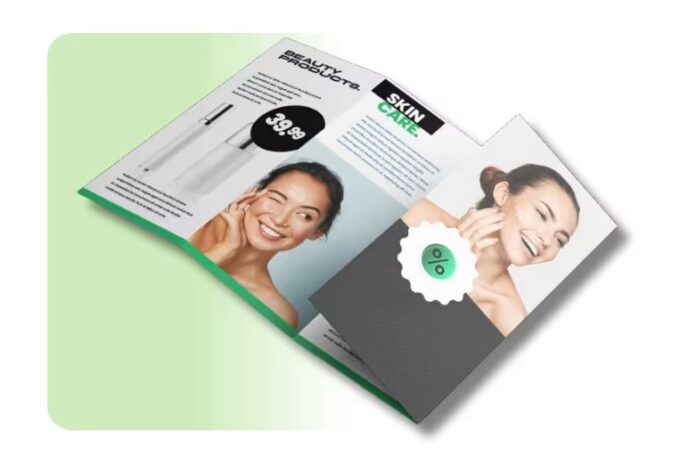In today’s fast-paced world, a new buzzword has entered the chat – minimalism. We’ve all seen sleek, clutter-free living rooms on social media, and friends who are suddenly “detoxing” their closets and letting go of stuff they once clung to. But is it more than a trend? Or is it just another passing fad destined to fade?
Let’s get to the heart of it by taking a direct, playful look at why people are drawn to minimalism and what science says about how living with less actually impacts us.
Key Points
- Minimalism isn’t just about a clean house.
- Science shows links to reduced stress and higher happiness.
- Owning less helps with focus and productivity.
- Minimalism impacts spending habits and decision-making.
- Living with less can increase feelings of freedom.
1. Clearing the Clutter: How Living with Less Affects the Mind
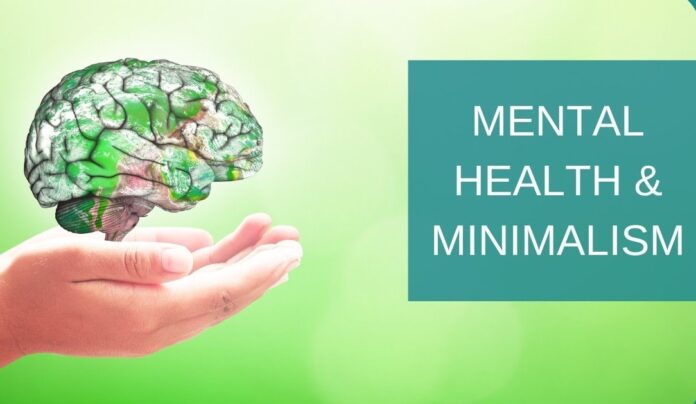

The idea of minimalism appeals because it promises simplicity in an otherwise chaotic world. There’s more to it than stylish rooms and empty surfaces. Studies reveal a direct link between owning less and reducing stress. Ever felt that rush of relief after cleaning out a junk drawer? Imagine expanding that feeling across your entire life. Psychologists have found that cluttered spaces increase levels of cortisol, the stress hormone, making us feel more on edge. It’s like carrying a little cloud of anxiety wherever you go. Simplifying, however, gives the mind room to breathe.
Minimalism in mental health isn’t just a concept; it’s backed by research. Imagine walking into a space where every item has a purpose and nothing feels “too much.” That’s why many are jumping on board. If you’re curious about what’s making it so popular, ItsOnSiteTV covers lifestyle trends that capture this vibe perfectly in their articles and videos.
2. The Impact of Letting Go: Freedom from Things We Don’t Need
There’s something powerful about giving up what you don’t need. Ask anyone who’s done a big purge, and they’ll tell you about the feeling of liberation afterward. When we part with things that don’t add value, we free ourselves in a way that might sound impossible for those still buried in clutter. Psychologists often point to how physical belongings can weigh down the mind. When people own fewer things, they often report feeling more in control, more centered, and far less distracted.
Consider this: you have a closet full of clothes, yet only wear a handful regularly. The excess can complicate choices. By cutting down, you regain a sense of clarity. The fewer options you have, the easier it is to choose.
3. Spending Less, Living More: The Financial Side of Minimalism
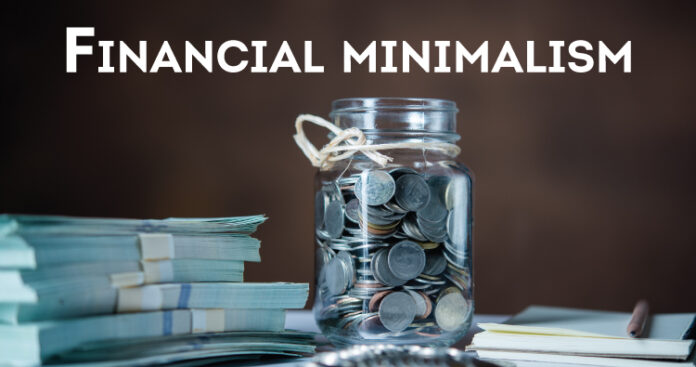

Minimalism has a curious effect on the wallet. Owning fewer things encourages a natural reduction in spending. By focusing on essentials, people often save money without much effort. A friend once tried this approach and found herself with extra cash each month. Instead of buying just because it was “nice to have,” she stuck to buying only things that mattered. The result? Less financial stress, more saved money, and a greater appreciation for what she actually owned.
This approach, in many ways, counters consumer culture. We’re bombarded with ads convincing us that we “need” the next big thing. But choosing to buy less helps you prioritize, and over time, you realize you’re not really missing out. A quick look at the numbers proves that less can genuinely be more.
4. Productive Spaces: Why Minimalism Boosts Focus
We live in a world with a million distractions. In a cluttered environment, every object can pull your attention away from what really matters. There’s scientific reasoning behind this. Our brains respond better in environments that feel organized and simple. Imagine trying to read in a noisy, messy room versus a quiet, clear space. The latter naturally helps with focus.
Studies have shown that productivity increases when distractions decrease. In offices, for example, decluttering often leads to a boost in employee performance. The same goes for personal spaces. Minimalism acts as a kind of reset button, helping us focus on what’s at hand without the weight of scattered, unnecessary items around us.
5. Decision Fatigue: Making Fewer Choices for a Clearer Mind
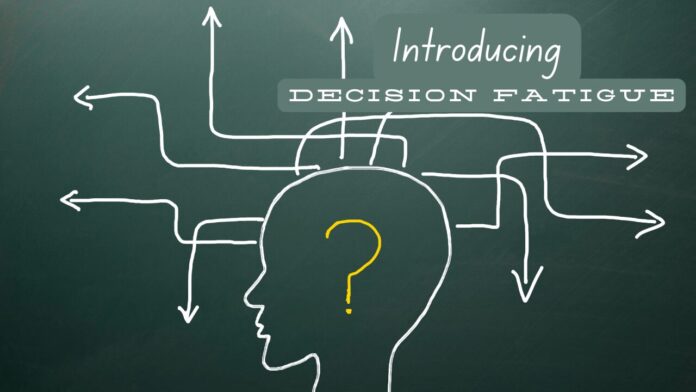

Minimalism goes beyond home decor and spills into decision-making. When you own less, you have fewer decisions to make daily. This concept is called “decision fatigue.” Each choice we make throughout the day, no matter how small, uses up mental energy. By narrowing down our choices, we feel less drained by the day’s end.
Think about it: you’re deciding what to wear, what to eat, where to place things. All these small choices pile up, slowly exhausting your brain. Minimalism minimizes that drain, making it easier to concentrate and prioritize.
Final Thoughts
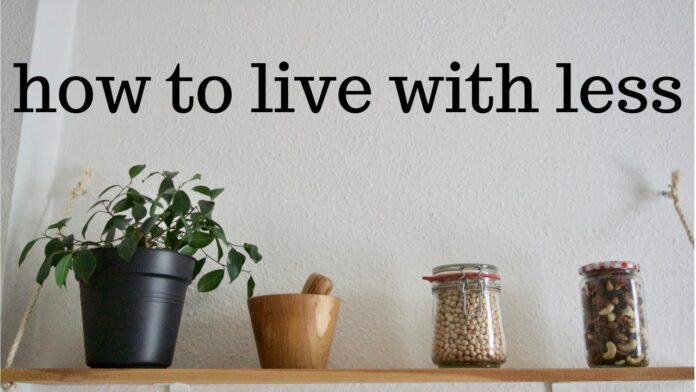

Minimalism isn’t just a trend or a fleeting social media aesthetic. It offers real, science-backed benefits that can reshape how we approach daily life. Living with less doesn’t mean sacrificing happiness or comfort; it’s about prioritizing what genuinely matters. As people explore this lifestyle, many find unexpected freedom in letting go, discovering more joy in experiences over possessions, and building a more purposeful life.
Whether it’s about managing stress, gaining control over finances, or enhancing focus, minimalism provides tools for a clearer mind and a lighter spirit. So, if you’re feeling the weight of “too much,” consider taking a step toward simplicity. A less cluttered life may just be the most valuable thing you can own.
FAQs
1. Is minimalism just about getting rid of stuff?
No, it’s more about focusing on essentials, improving quality of life, and clearing out mental and physical clutter.
2. Does minimalism mean spending less money?
It often does, but not always. The idea is to buy things with purpose, not to eliminate spending altogether.
3. Does science really support minimalism’s benefits?
Yes, research points to lower stress and higher satisfaction from simplified living environments.
4. Can minimalism affect relationships?
Yes, clearing out distractions can improve focus on people, fostering better connections.
5. Is minimalism hard to maintain?
It depends on your habits and lifestyle. It may feel challenging at first, but it often becomes easier over time as you adjust.

